Aledade Resources
See our primary care partners are succeeding in value-based care and explore our content to learn more about how we can help you.

3 min read
Virginia FQHC exceeds wellness visit goals by optimizing workflows
Southwest Virginia Community Health Systems, Inc. (SVCHS), in Meadowview, Va., wanted to improve their workflows to increase patient engagement. By...
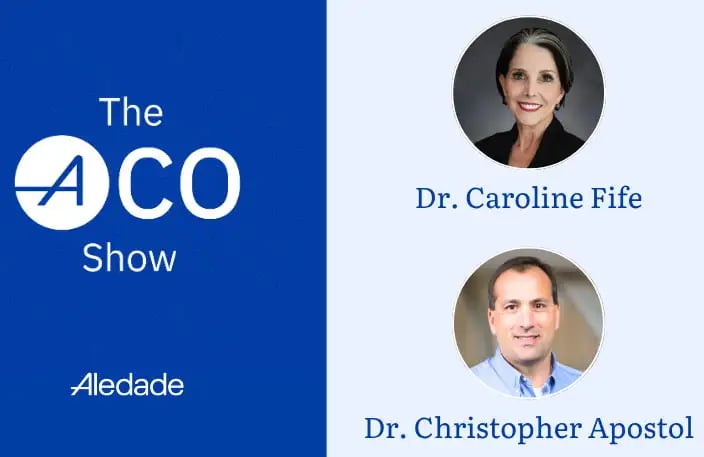
Episode 190: The Rising Cost of Skin Substitutes with Dr. Caroline Fife and Dr. Christopher Apostol
Dr. Caroline Fife and Dr. Christopher Apostol join us to explore the rising cost of skin substitutes in wound care, which Aledade data suggests is a...

3 min read
What’s the difference between an ACO, IPA and MSO?
Decoding health care delivery models Delivering health care efficiently requires choosing the right care delivery model. Accountable care...
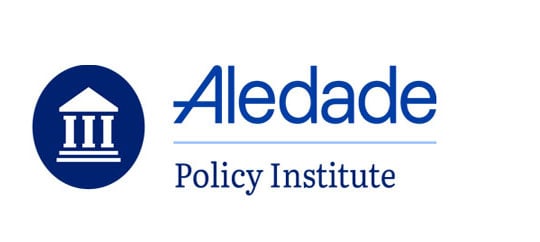
6 min read
Accountable care in rural communities
Lessons learned, and what is needed to improve outcomes for patients and sustain primary care in rural communities
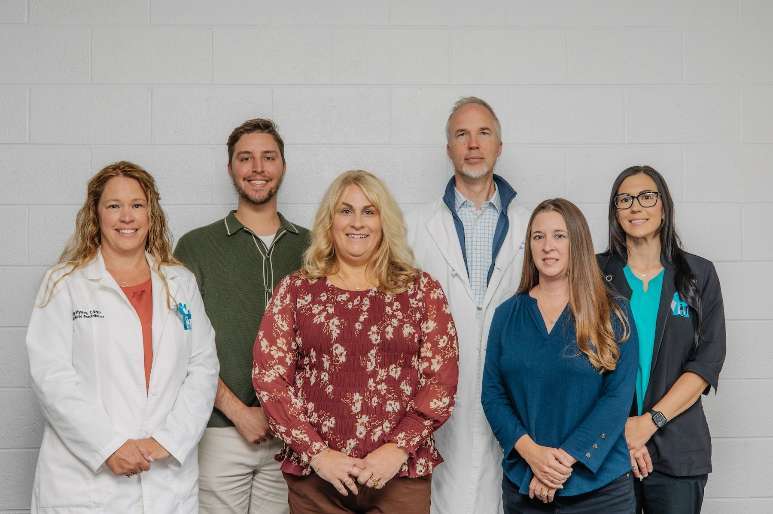
4 min read
A New Standard of Care: How a Rural Health Center Achieved National Quality Recognition Through Value-Based Care
Community health centers (CHCs) are the backbone of rural towns. Their success is what drives healthier populations and better outcomes for...
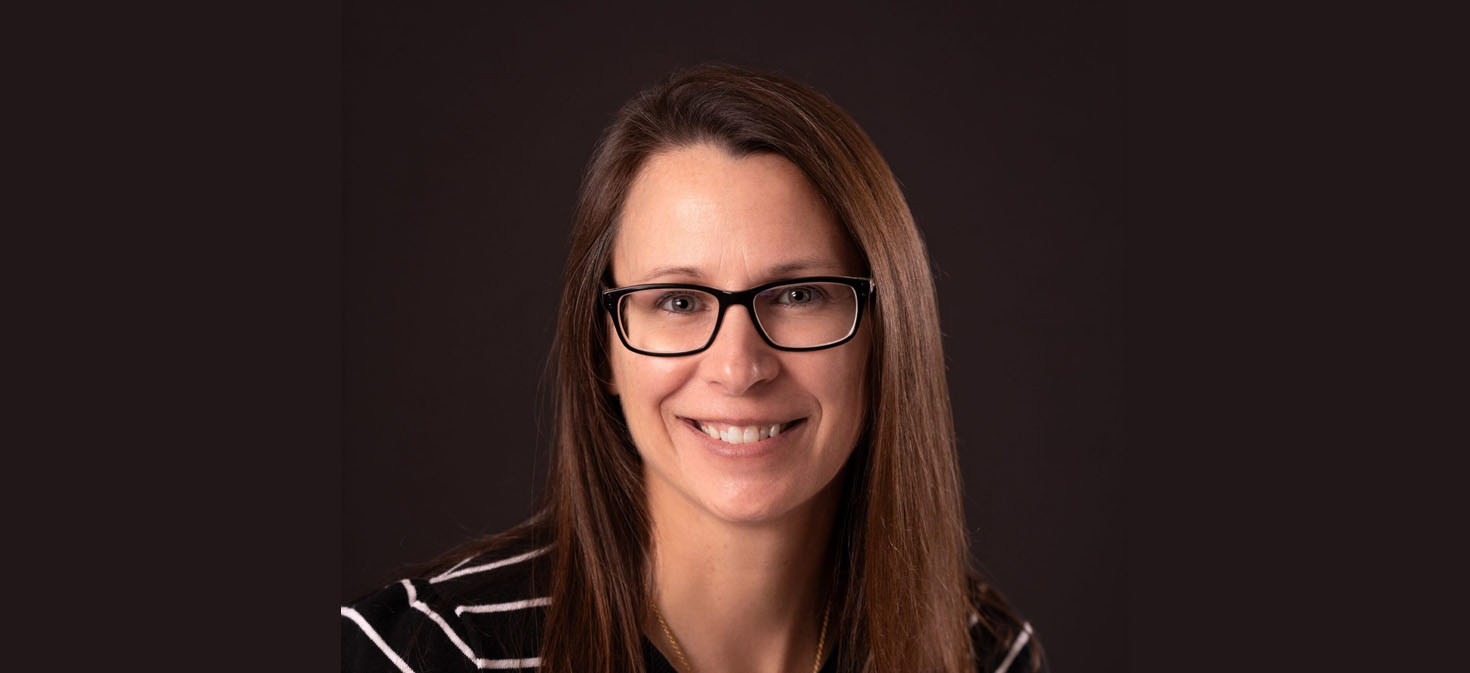
3 min read
Serving Rural Communities: A Rural Health Clinic’s Value-Based Care Journey With Aledade
Pershing Health System (PHS) is a critical access hospital located in Brookfield, Mo. “We are the only hospital within a 30-mile radius,” Kelly...
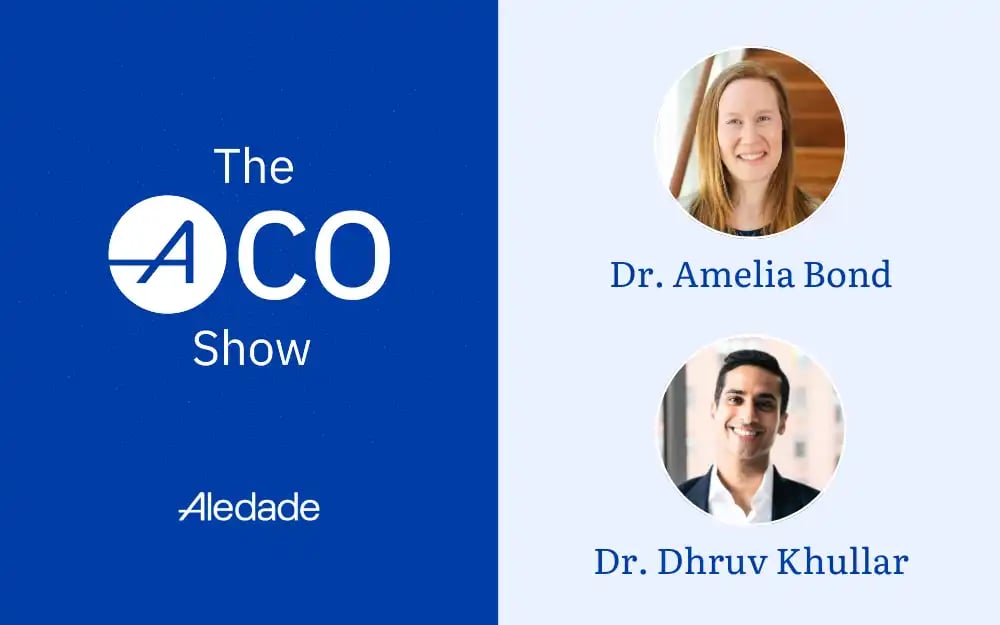
Episode 189: Do ACOs Really Save Money? Dr. Amelia Bond and Dr. Dhruv Khullar Explain
Dr. Amelia Bond and Dr. Dhruv Khullar join us to discuss the long-term savings of accountable care organizations (ACOs) in the Medicare Shared...
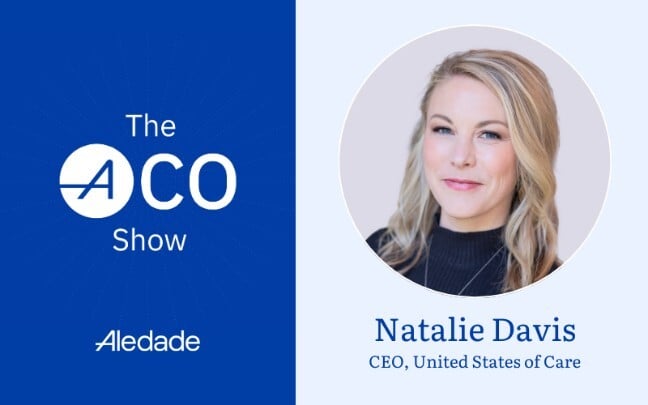
Episode 188 | Natalie Davis on Why You Shouldn’t Talk about Value-Based Care
Natalie Davis, CEO of United States of Care, joins us to talk about the challenges of discussing value-based care with patients and policymakers....
Episode 190: The Rising Cost of Skin Substitutes with Dr. Caroline Fife and Dr. Christopher Apostol
Jun 9, 2025
Episode 189: Do ACOs Really Save Money? Dr. Amelia Bond and Dr. Dhruv Khullar Explain
May 27, 2025
Episode 188 | Natalie Davis on Why You Shouldn’t Talk about Value-Based Care
May 19, 2025
Episode 187 | Behavioral Health Care Accessibility
Apr 21, 2025

Educational webinars
Get an inside look at our accountable care organizations through our informative webinars.
Value-based care video series
This five-part value-based care educational series briefly covers the following topics:
- Value-Based Care Basics
- Accountable Care Organizations (ACOs) Defined
- Approach to Patient Health
- Choosing the Right ACO
- Working with the Best


